Violence against women and girls: Select Committee podcast discusses prevention, education and safeguarding

In the final podcast of this season’s Committee Corridor, host Caroline Nokes MP hears from three women who have taken part in parliamentary inquiries which consider different aspects of violence against women and girls.
Andrea Simon, the Director of End Violence Against Women Coalition; Dawn Dines, founder of Stamp out Spiking and Carolyn Harris MP, a member of the Home Affairs and Women and Equalities Committees, explore the interventions which are required to confront behaviour which normalises violence against women and girls – from the curriculum in schools to training at work, from public messaging via awareness campaigns and TV dramas to parliamentary inquiries.
Schools and parents face ‘huge challenges’ from the rise of technology use amongst young people and the potential exposure to harmful content, including the rise of misogynistic influences, says Andrea Simon, Director of the End Violence Against Women Coalition, which campaigns to challenge the policy systems and attitudes thatnormalise abuse.
“Many young people are being influenced and potentially, radicalised into dangerous misogynistic ideology, which is playing out in schools with teachers often left to pick up the pieces and parents, just feeling like they’re not equipped to arm their young people with what they need to stay safe and to turn away from some of those influences.”
In June, the Coalition published a report, It’s About Time, which called for a whole school approach to ending violence against women and girls. In July, the Women and Equalities Committee reported that sexual harassment and abuse of female students and staff continues to be a ‘scourge’ in schools.
With a government review underway into relationships, sex and health education, the curriculum must look at the scenario for young people today, Andrea tells Caroline. Young people have said the current offering is ‘ineffective’.
“The topics that children and young people feel that they don’t get enough coverage of, include things like the power imbalances in relationships, pornography, and LGBTQ+ relevant information” she says. “We think that this should be done via a whole school approach to preventing violence against women and girls, which focuses on prevention, education, and safeguarding.”
The Women and Equalities Committee has launched a new inquiry looking at the escalation of violence against women and girls.
“We think that early intervention when it comes to sexual offending is really vital in order to prevent escalation. And so, we think that it’s really important that relationships and sex education in schools is based on principles of consent and equality” says Andrea.
“It’s one of the ways that we can help to prevent young people from experiencing abuse, but also, perpetrating abuse and violence when we’re thinking about how do we shift attitudes across the whole of society.”
Raising awareness about spiking through campaigns and training is core to Stamp out Spiking, founded by Dawn Dines. Spiking is the term for when alcohol or drugs are put into someone’s body without their knowledge or consent. Recent reports have included cases of vape-spiking.
“Spiking is like an invisible crime, people don’t report it. They feel embarrassed, they feel ashamed, and they blame themselves, which is absolutely dreadful because at the end of the day, somebody is actually poisoning you. That is what is happening.”
Currently, spiking can be prosecuted under a range of offences, including the Offences Against the Persons Act, 1861. Dawn has been campaigning for a single criminal offence of spiking.
“They really need to be updated because then, and only then, will people up their game, we will have the key emergency services, will be adequately trained and resourced to deal with these crimes. Because currently, we’ve had victims that I’ve spoken to over the last nearly 20 years now, that have said to me, “Oh, I went to the police, and they accused me of having too much to drink.””
Carolyn Harris, Labour MP for Swansea East, is a committee member on both the Women and Equalities and Home Affairs and Committees, which reported on Spiking in 2022.
“I would argue very strongly that spiking is premeditated” says Carolyn. “It is somebody who’s actually decided to purchase or obtain a specific substance with the sole intention of putting someone in a very vulnerable position.
“Anyone who’s capable of doing that is capable of committing other crimes and doing other things, because that’s not entertainment, that’s premeditated criminality in my mind. And that’s just another reason why it needs to be suitably challenged.”
The Home Affairs Committee report warned that spiking will remain invisible unless more is done to improve awareness and support victims. All three interviewees call for a shift from victim-blaming when incidents happen. However, an important voice for victims, the post of Victims Commissioner, is still vacant.
“We can all defend our little pockets of what we do, but somebody needs to oversee it all. And all these positions, especially the role that Dame Vera Baird had, are essential for women to have confidence in the systems that we’d expected to live by and to toe the line by. It’s really important that we get people in those posts as a matter of urgency,” said Carolyn Harris.


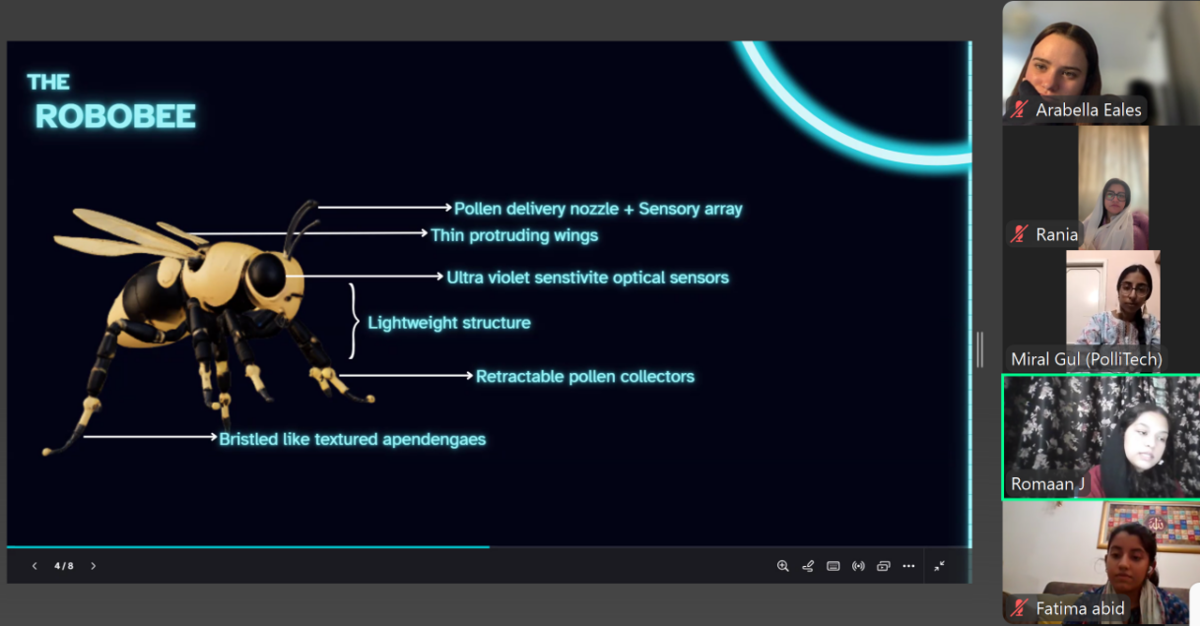
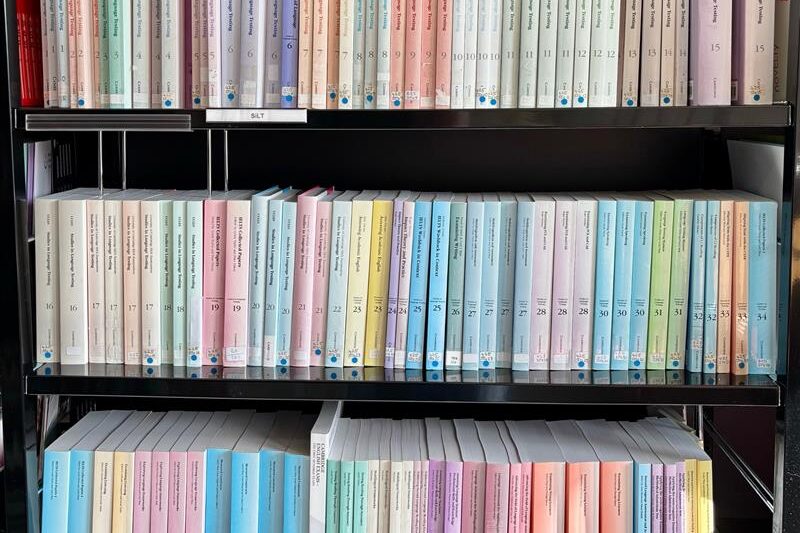
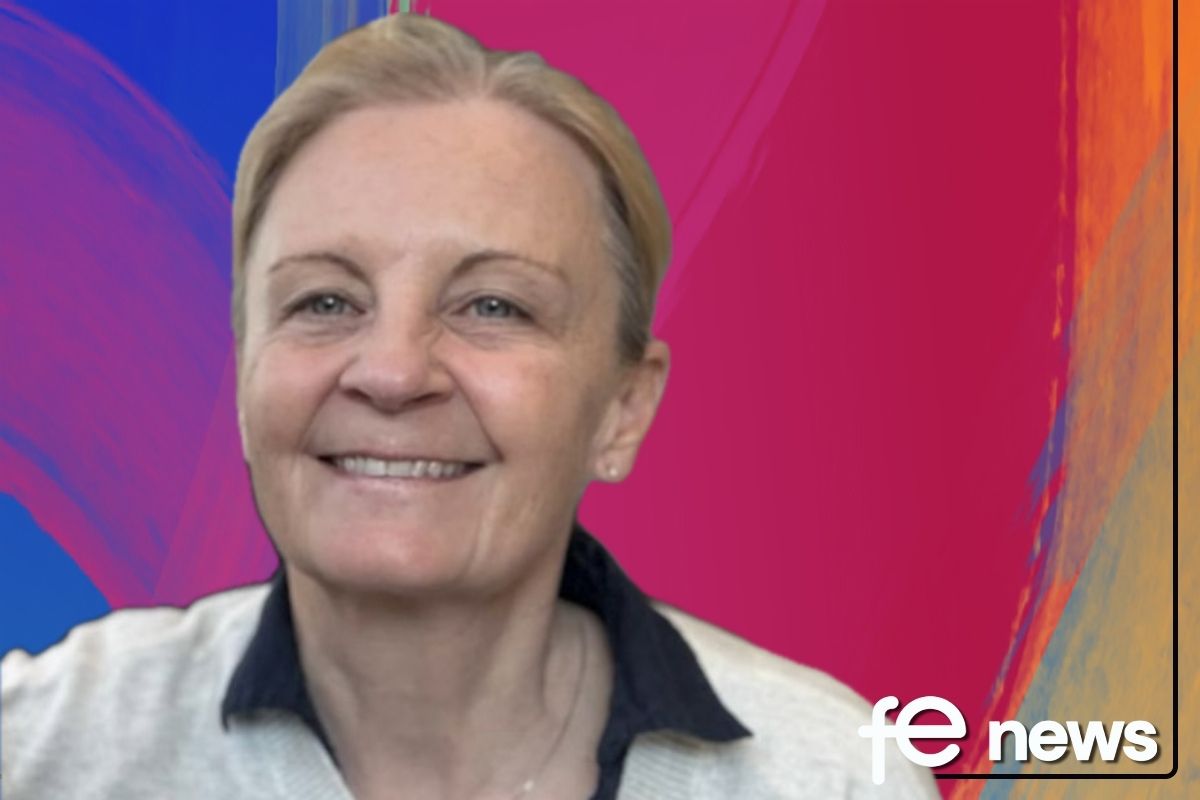



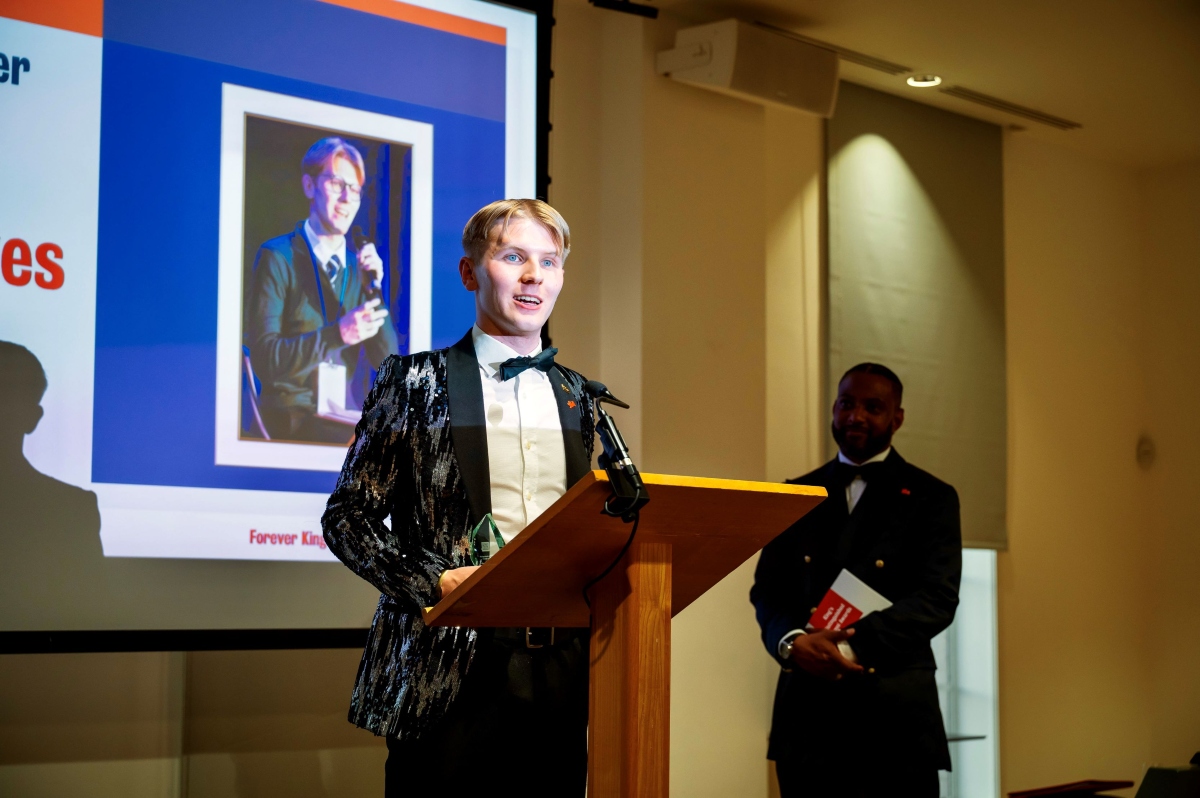
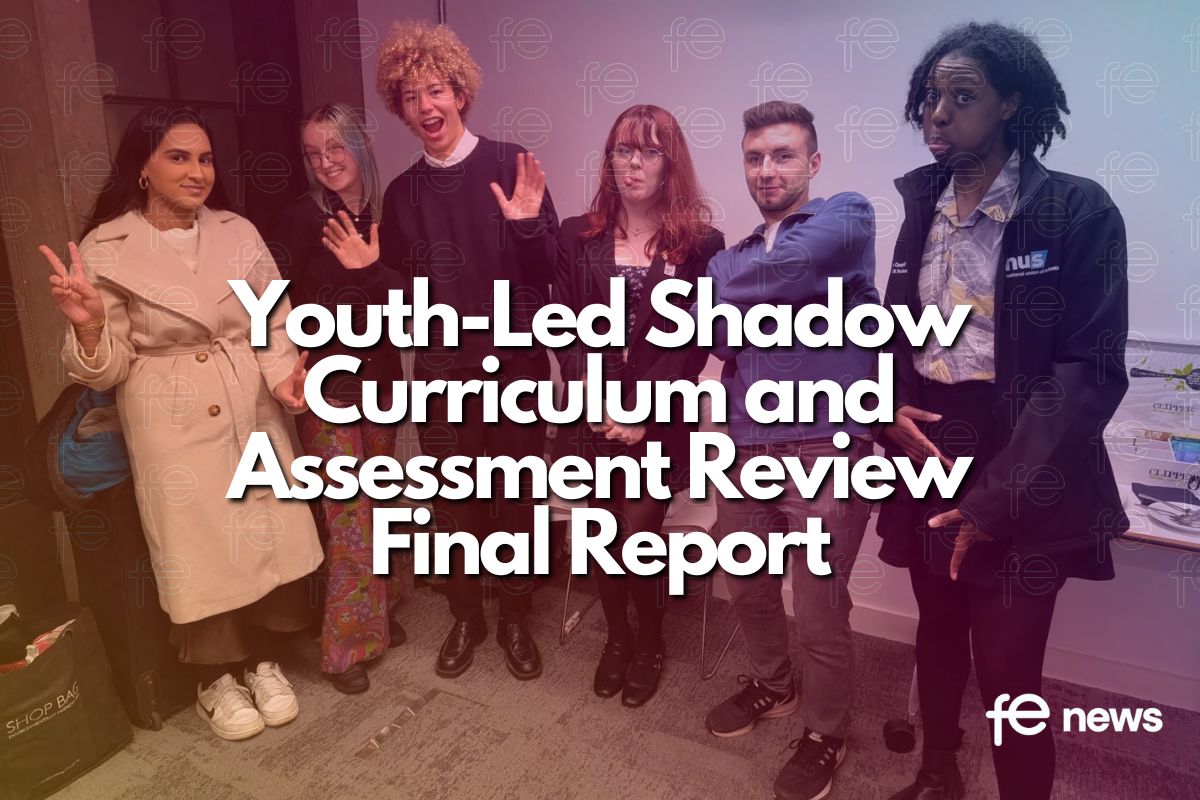

Responses